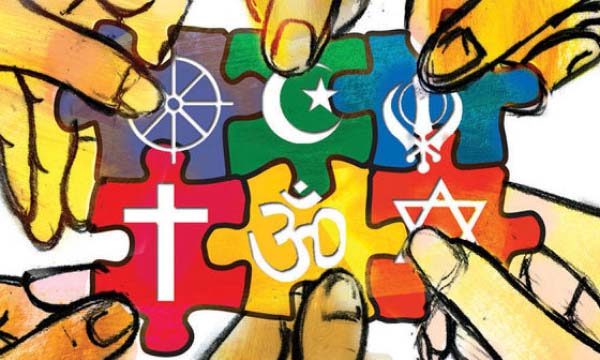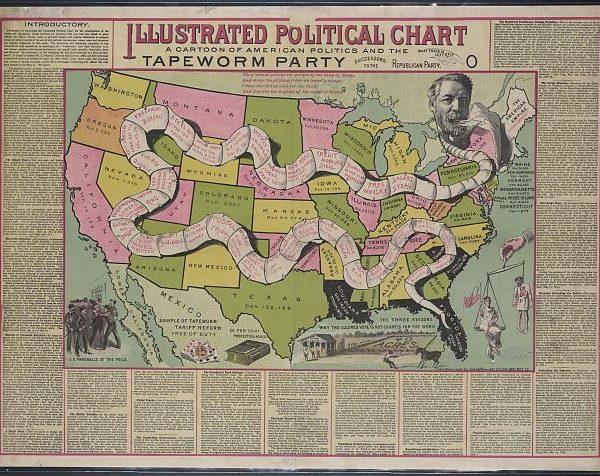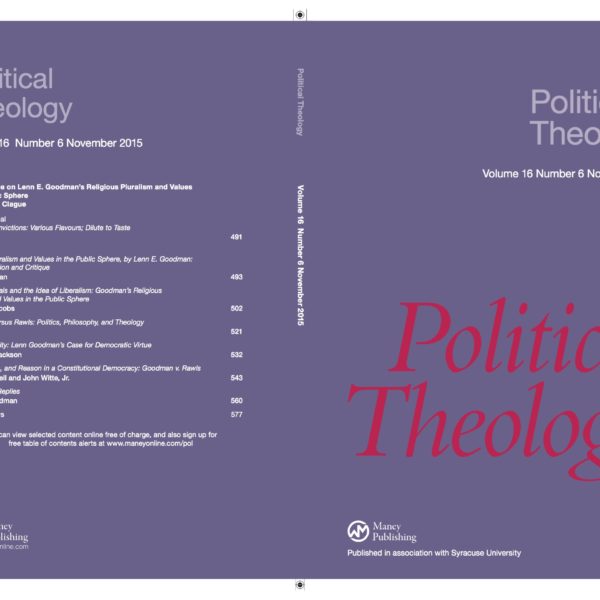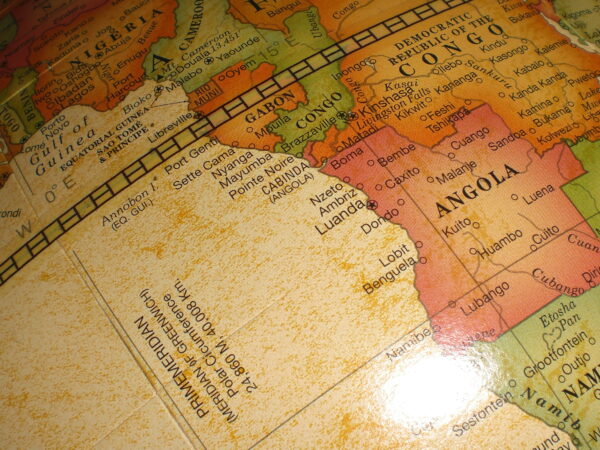
Contemporary African political theologies are a study in contrasts. A prophetic strand challenging unjust politics is alive and well, but so are political theologies that align with unscrupulous politicians and seek wealth at the expense of ordinary people. This dizzying situation raises questions of both substance and method about what African political theology is and how to do it.
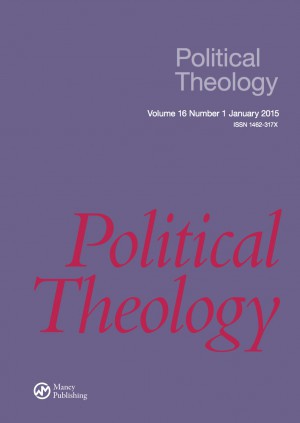
Issue 16.1 of the journal Political Theology is devoted to theology, plurality and society. Below guest editor, Dr. Peter Scott, introduces the issue.
Must a religiously plural society fall apart? How does theology process plurality? This special issue of Political Theology addresses the issue of plurality from a variety of theological perspectives. It began life as an attempt to respond to an earlier special issue of the journal, which assessed critically the political and theological phenomenon of Red Toryism. In the earlier volume, there was persistent criticism of an appeal to a common tradition in the context of a religiously plural society.
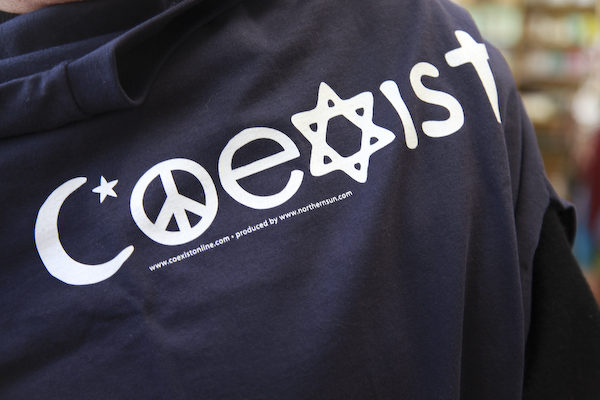
The stark repetition of the admonition to being of one mind in the first and last phrases is particularly arresting, and particularly challenging for us today. After all, for contemporary liberalism, being of one mind is no virtue, and the same could be said for most contemporary Christians. We no longer think of pluralism as simply a pragmatic political strategy for negotiating irresolvable difference, but as a good in itself. It is difference, we say, that makes us strong, tolerance and indeed embrace of otherness.
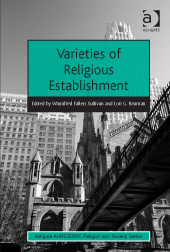
Re-thinking the intersection of law and religion today tends to proceed from a concern for the limits of religious freedom and a critique of the foundational historical, social, and cultural presumptions about religion that are seen to undercut or frustrate the possibility of advancing religious freedom.


